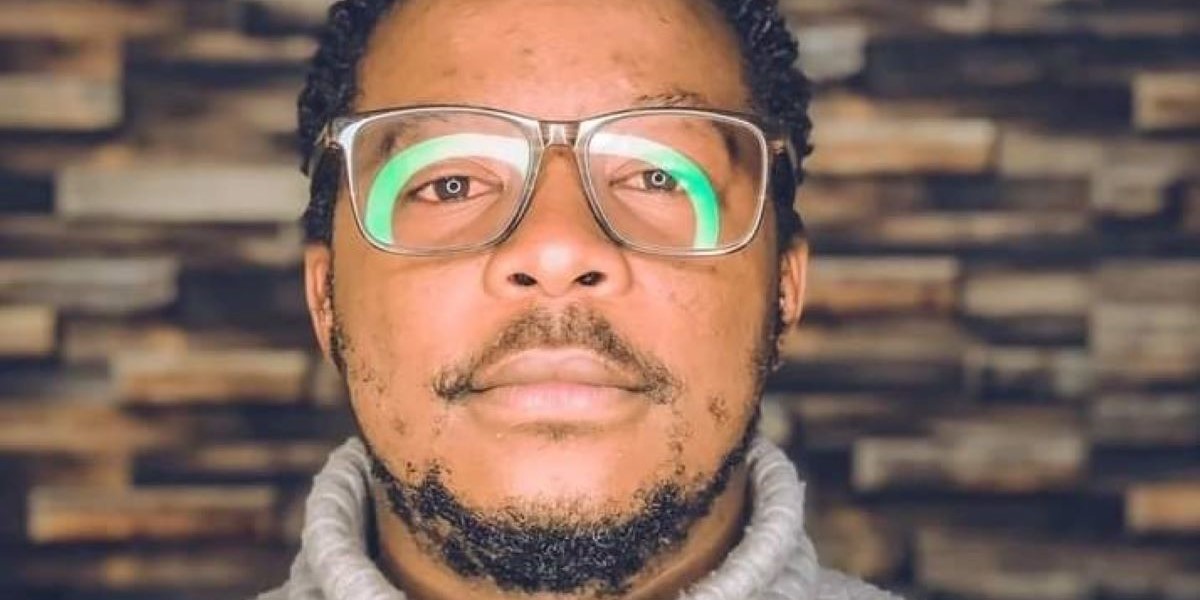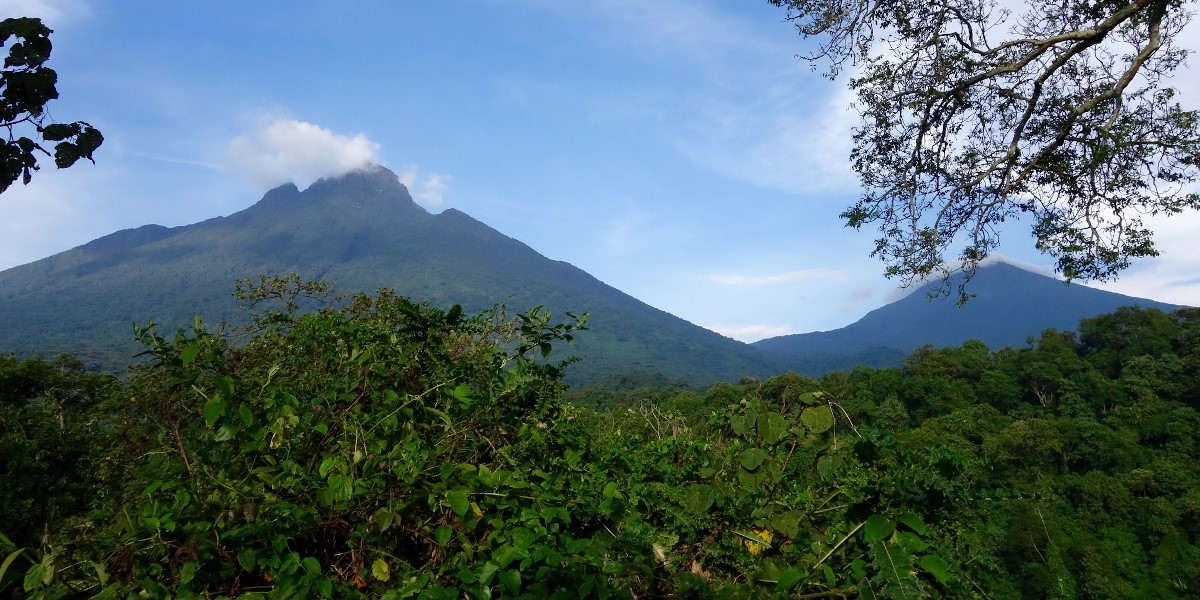Ananya Wilson-Bhattacharya
What are the key dangers currently facing the Virunga National Park and the local communities?
Pascal Mirindi
The Democratic Republic of Congo is rich in natural wealth, including a multitude of minerals such as diamonds, gold, copper, cobalt, cassiterite (tin ore), coltan and oil. Sadly, the only people who benefit from this wealth are a small number of leaders; not the Congolese people.
Virunga National Park is the oldest park in Africa and a UNESCO heritage site. It is home to several species of large fauna (such as the Mountain Gorillas, threatened with extinction) and flora, but also black gold (oil) which is coveted by many international companies such as the British company Soco, Total Energies, and others. In 2015, Soco managed to acquire a permit to explore Virunga National Park for oil. Pressure from international, national and local communities initially blocked this, but unfortunately, this was not a long term solution.
The Congolese government has just launched the sale of 23 oil blocks and three gas blocks including some located in Virunga. We have taken some local community action against this. As before in 2015, we aim to block the road to the multiple operators who want to exploit the black gold of Virunga. Unfortunately, this has been very difficult for us.
The problems facing the Virunga National Park and surrounding communities are both environmental and security-related, and could cause substantial damage in the Eastern region of the DRC
The Virunga Park is managed by the Virunga Foundation, which receives millions of dollars of funding for community development, primarily from the European Development Fund, as well as other funders. However, the foundation has not been transparent about how it allocates the funding, nor has it included the riparian community [those inhabiting transitional areas between land and rivers] in the management of these funds.
For example, hydroelectric power plants were built, supposedly to serve the local communities, but the electricity is actually sold to neighbouring enterprises outside of the park, such as in the city of Goma. The prices are unaffordable for the local riparian communities. This is only one example of many where funding has not been well channelled, and without proper involvement of the local communities.
Ananya Wilson-Bhattacharya
How does the current situation tie in with the history of colonial land grab, etc. in the area or in the DRC more widely?
Pascal Mirindi
Virunga National Park was established in 1925 by Belgium, which had colonised our country. The population were not consulted in drawing out the demarcation of the park, which explains why even people’s fields were included within its boundaries. Today, the Virunga National Park is managed by a Belgian prince named Emmanuel De Merode.
Since 1934 [the Belgians] have been coming back to ask for land from the people, promising to build hospitals, schools, offer scholarships to young people, etc. But unfortunately, even up until now, nothing has been done.

Ananya Wilson-Bhattacharya
Can you explain the role of conservation efforts here? How have these organisations exacerbated the problems in Virunga?
Pascal Mirindi
The majority of the international NGOs here in my country are only listening to the opinions of the Virunga Foundation, but unfortunately that information has been strongly manipulated and fails to explain the real problems facing our communities. When they do want to acknowledge the communities’ point of view, they seek it from people in civil society that, again, work with the Virunga Foundation.
The Virunga Foundation implemented a policy of giving grants to local organisations that share their values, which effectively means that the population do not have trusted people who can speak for them. This is why we work as activists.
Ananya Wilson-Bhattacharya
What is the movement to save Virunga hoping to achieve? What are the key demands?
Pascal Mirindi
Currently we are advocating for a tripartite dialogue between the communities bordering Virunga National Park, the park’s manager and the Congolese State to guarantee good management of the park, whereby riparian communities will be included in decision-making. The local Lela population have always loved and been protectors of the park. They protected its animals during the war. But they feel manipulated by the Virunga Foundation, who have made promises to them and then failed to realise these promises.
Meanwhile, rebels from the FLDR and M23 – two rebel armies of Rwandan refugees, which originally formed as Tutsis fled from the Rwandan genocide – are demanding that these local people pay them money. Moreover, there is the added layer of a colonial management, exercised by Belgium. It is difficult for us activists to enlist the communities’ support to block the oil companies, because they feel betrayed and untrusting.
Emmanuel de Merode is also the director of the Congolese Institute of Nature Conservation, an organisation linked to the Virunga Foundation. Recently, the Congolese national Minister of Higher Education and Universities, who is also a native of the region, accused de Merode of buying the M23 rebels off with fuel, in return for not entering a 20-kilometre zone so that they could not touch the Virunga Foundation facilities.
Ananya Wilson-Bhattacharya
How can the international community, and climate activists globally, show solidarity with the campaign most effectively?
Pascal Mirindi
We ask the international community to understand that the Congolese population has suffered so much and that it is high time for us to fight together for peace and good management. The problems facing the Virunga National Park and surrounding communities are both environmental and security-related, and could cause substantial damage in the Eastern region of the DRC.
We open our arms to anyone who thinks they can help us in the process of dialogue that we are trying to establish – between the communities, the park managers and the Congolese state – to work together within a participatory management framework.
Translated by Karine Nohr










